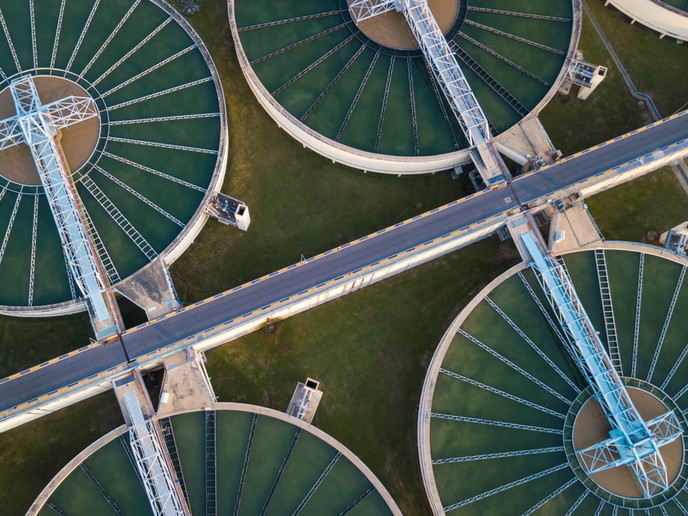Latin America water management puzzle gets missing piece
Keeping supplies of safe water plentiful is one of the most important yet basic achievements for the development process. Particularly in urban areas, the issue of water management is a complicated one, which involves sorting out competing interests regarding the surrounding land use. The research conducted by researchers based in Sao Paulo as part of this EU financed project NEGOWAT aimed to preserve the quality of the water in the Guarapinga reservoir, Brazil. The catchment area of the reservoir has between 300 000 and 800 000 inhabitants, who have an influence on the quality of water in the reservoir. This water quality in turn affects the quality of water of supply systems providing between 5 and 10 million people. This research has been set up in cooperation with the EU to facilitate lasting solutions to this issue by providing stakeholders involved with training on negotiation skills. Through the process of role playing in a game situation, urban residents and representatives were encouraged to engage with the negotiation process as it would relate to local planning in the protected area. A simplified companion modelling process was set up and replicated twice. First in the municipality of Embu-Guaçu and second in the three communities of the Parelheiros sub-municipalities. Monitoring of the sessions showed that the methodological approach contributed to changes of representations about other actors and system functioning. It also improved participants' understanding about the dynamics of land and water management in these areas. Furthermore, it enabled a better relationship between local actors and public sector agencies and improved capacity of representatives in negotiating and interactions with other organisations.







